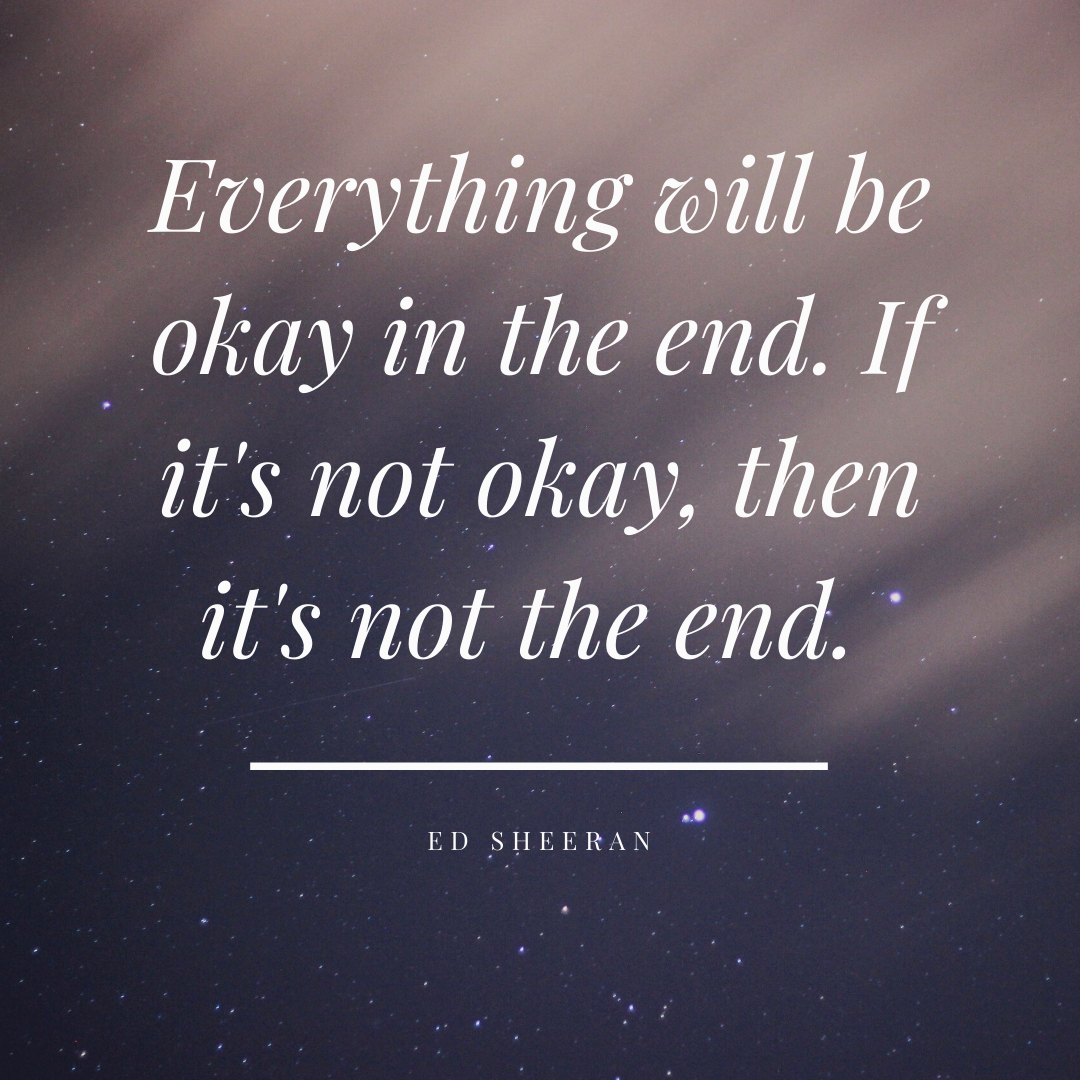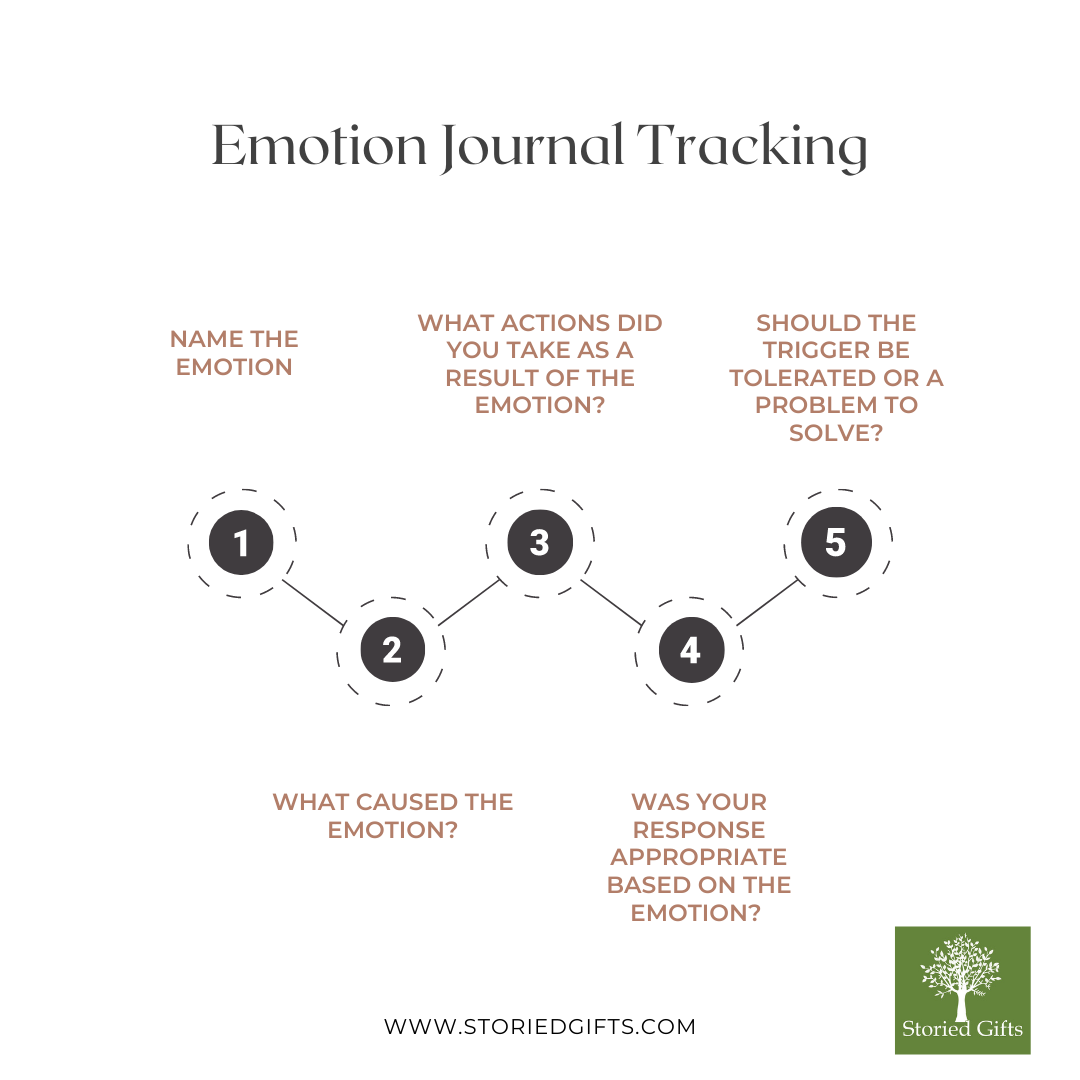How to Maximize Your Resilience With Some Journal Prompts to Help
This woman running up a snowy mountain may seem like resilience but the definition involves recovery.
Disclosure: There are some affiliate links below, and I may receive commissions for purchase made through the links in the post. However, these are products I highly recommend. I won’t list anything I haven’t tried and found personally useful.
Wondering if you have the resilience to endure hardships as well as success? How about reach for challenging goals? Take heart; you’re here reading this post, which shows you’re a scrappy survivor on the lookout for tips. Read on to learn how to cultivate more strength and move forward in life with two crucial ingredients: courage and clarity.
It’s a sad fact that I’ve spent a lot of my life (nearly 60 years) worrying. Some of this is normal, of course: fretting about our children, mulling over finances, health, and other matters of daily life.
But in my worry cycle, I’ve spent a lot of energy stewing about things outside my control. And when I’m in that state, it’s easier to fester about even bigger things well outside my realm—human violence, the state of the environment, and details of the future and past.
I continued to worry for many years, convinced that churning such thoughts was good for me. I believed that by worrying in advance when the bad stuff really happened, I’d be better prepared.
What did I gain? A chronic undercurrent of anxiety for most of my adult life. And the truth was that obsessing didn’t help me deal with the one thing I was most anxious about, either: dealing with fear.
If you can relate, read on as I share ideas that might help you turn anxiety into focus. We’ll explore how placing values on outcomes can prevent us from seeing opportunities, and what to do when the worst thing happens. We’ll also delve into what your fear could be telling you, what resilience really means, and finish up with journaling prompts designed to help you put your attention in the present.
What we want quote.
WHEN THE WORST THING HAPPENS
You don’t need to look far to know that the worst thing happens all the time. Perhaps in your life, and certainly in the lives of others you know, terrible things occur that seem nearly impossible to bear. It’s part of life, and you see it often. The loss of a loved one. A change or decline in personal health. The destruction of a home.
And yet, sometimes, in the worst of times, you hear incredible stories of resilience. You’ve heard people say that there was some positive when the dust settled and time passed. When you hear others speak of “silver linings,” you can be assured that resilience is at work.
A lot of the trouble when the worst thing happens—besides the fact that it brings on suffering—is the internal struggle we face between an outcome we want versus one we are dealt. Circumstances change in an instant and lead to a future unanticipated (or in my case, fretfully dreaded). We have “ghost ships” of a life we might have had if it weren’t for choices or the fates of life.
The ghost ships are explained beautifully in a response to a query for advice sent to Dear Sugar, the pseudonym for author Cheryl Strayed. The person asks what to do about a decision to have or not have children.
Strayed references a poem by Tomas Tranströmer called “The Blue House” and points to the pivotal point of the poem: “Every life, has a sister ship, one that follows quite another route than the one we ended up taking. We want it to be otherwise, but it cannot be: the people we might have been live a different, phantom life than the people we are.”
Outcomes change the course of your life. You are living a reality based on the flow of events which would have been different had you gone another way. Resilience helps us see our experience and our humanness, and the reality that we can only live the life in front of us.
Everything will be okay in the end.
WHAT IS RESILIENCE?
Resilience is armor that keeps us standing even when the winds of life try to push us down. We forge on because of our desire to learn or see what happens next—or even the simple desire to get a miserable point in time “over with.” We move on after struggle because time and distance do help, and perhaps built into our human DNA is a need to hope.
Merriam Webster defines it as “an ability to recover from or adjust easily to misfortune or change.”
The “easy part” never feels likely at the time of crisis. But that resilience is a promise that no matter what, we’ll rise to see another day, to carry on. We all want to feel we will recover and see the rest of our story. That’s why we are often seeking words of encouragement and the thoughts and ideas of others.
Over at Harvard Business Review, Shawn Archor and Michelle Gielan suggest that our shared notion of resilience is like a dogged determination to march, like Marines through the mud, but that this imagery and attitude is flawed. They counter that resilience is truly the ability to recover from stress, and that can only be achieved when we take a proper rest from over-working an issue.
Our need for restorative care is biological. Called homeostasis is our body’s built-in process to create equilibrium in the brain. If we don’t rest our body and brain, we reduce our reserves such that we can’t adapt and counter challenges.
I conducted a nonscientific survey of Facebook friends regarding their thoughts on resilience. I asked, them to share lessons they learned from enduring hardship. Comments confirmed that rest is important, but they mentioned a few other ideas as well. When times are tough:
Control what you can and let go of what you can’t.
Take action, even small steps forward.
Note you are not alone in challenge. It is part of our shared human experience.
Seek guidance in the stories of others who have gone through difficult times.
Courage gives life flavor.
WHAT IS YOUR FEAR TELLING YOU?
It’s not just the “worst” happening that challenges us and makes us question our resilience. Anxiety can be triggered when you’re trying to pave a future you want or realize a vision for some goal, too. Are you good enough? Will you make it?
We want what we want and believe that if there’s some alternative to what we want, even if it’s not some terrible outcome, it’s still bad or an example of our failure. Except for significant and painful loss, letting go the value we place on an outcome can open us up to possibilities beyond the ends of our noses.
Once we recognize the role fear plays in this, too, it can be helpful to see what that feeling is telling us. Fear or anxiety about goals could be a way of our psyche calling us to act on those things we do have the power to influence.
I might not be able to solve human violence, but I can make a point to be kinder to those I meet. I can’t alter climate change alone, but I can consume wisely and set an example.
In a compelling episode of “Terrible, Thanks for Asking,” host Nora McInerny interviews Susan David, Ph.D. based out of Harvard Medical School. Susan studies the toxic side effects of our culture’s obsession with positivity.
For those who prefer to deny difficult feelings (demand positive thoughts and platitudes when things actually suck), they might miss the messages their pain is offering them. Susan turns the positivity demand into a question: “What does it take internally in the way we deal with our thoughts and emotions and our stories that are healthy and that help us to thrive as human beings in a complex world?”
Susan explains that our emotions are the signposts of our values. They are telling us what is important to us, and then it’s up to us to act in ways that we can as we are in the moment.
JOURNAL YOUR PRESENT
Given that all we have is the present, journaling about where we are in our thoughts and feelings right now can help tap and foster our innate resilience. Monitoring your moods and actions can be a great place to start diving into your own present.
The Healthline article “Mood Journal 101: How to Get Started on Controlling Your Emotions” walks through a process from identifying an emotion, what caused it, the actions you took as a result of it, whether your response based on the emotion was appropriate, and whether the trigger should be tolerated or is a problem to solve.
Emotion tracking for your journal
Mood journaling can be useful to galvanize your reflections about the present. Here are some prompts to help center your focus on your here and now:
What are two negative thoughts you don’t want anymore. What can you do to let them go?
What can you do in your life to feel better about what you hear in the news?
What is one small action you can take today to work toward a goal?
What is one thing you’re grateful for that you usually take for granted?
Today you’ll take a vacation from ______thought. You’ll acknowledge it is there but table the thought until tomorrow.
What is one thing you’re anxious about, and what is one small thing you can do?
YOU’VE GOT THE TOOLS TO BE RESILIENT
Much as we might want to control all outcomes, we can’t worry our way out to alternate realities. And even if we wanted to deter from dealing with pain, struggle, and fear, those feelings will continue to find us.
You can take comfort in knowing you’ve got resilience, and there are ways to strengthen your resolve to continue and adapt. Acknowledging emotions and controlling what’s within reach can help you endure until you can look back and know you survived.
Rest your body and mind and journal about the present and your emotions as a way to muster up courage and clarity. Know that whatever is stressful today will change as your story unfolds, and you will soon see something unexpected as a gift.
When it comes to reading self-improvement books, I can’t read fast enough to keep up but if I listen to books it is so much easier. Audible. is the way I can enjoy more books than I could manage to read. Plus, you can take in a book while doing other things which just makes you feel super-efficient, or lounge and listen. check out Audible to learn and enjoy books today.
photo credits
Photo by mauro paillex on Unsplash
Sherry and Alexandra Borzo together in Lima, Peru
Sherry is the founder of Storied Gifts a personal publishing service of family and company histories. She and her team help clients curate and craft their stories into books. When not writing or interviewing, Sherry spends loads of time with her grandchildren and lives in Des Moines, Iowa.
STORIED GIFTS SHOP
Need a beautiful infusion of inspiration for your storied life? Please check out the Storied Gifts Shop where we offer Wearable Wisdom & Daily Inspirations.
The shop is a mother and daughter venture for Sherry and Alexandra Borzo of Content In Motion. They both work to help their client's stories sing. The shop is their effort to inspire a focus on healthy minds for everyone through positive thought.
LET’S BE FRIENDS
Please like the Storied Gifts Facebook page. We offer tips and inspirations to help you tell your stories and live a storied life by harnessing your healthy mind through the power of the thoughts you choose.
















